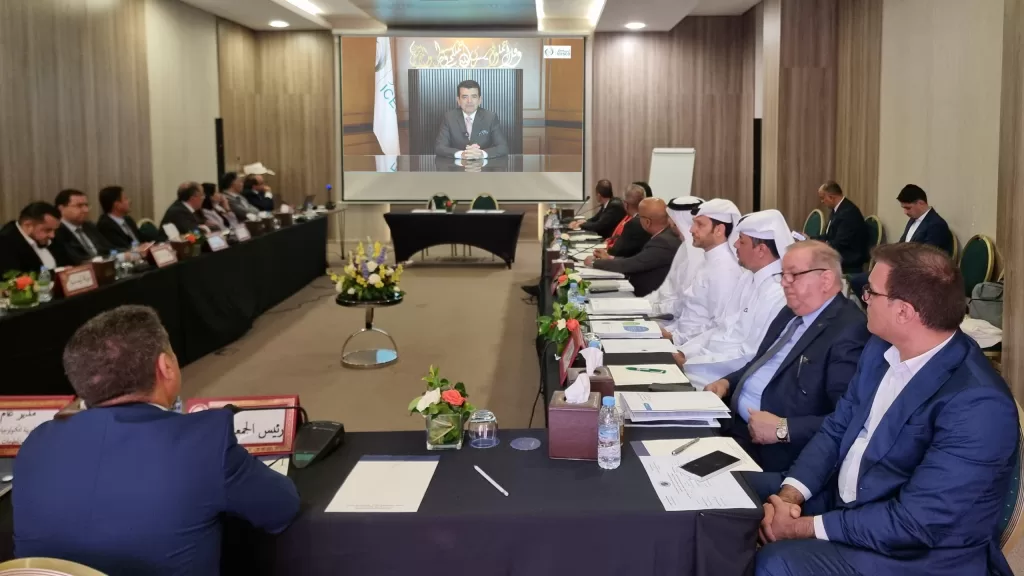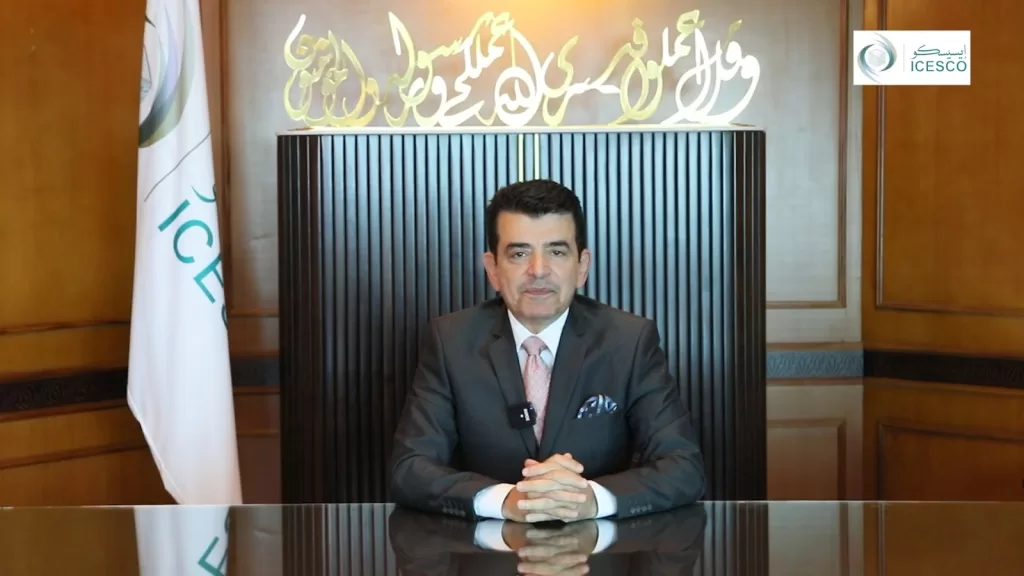Under the theme: “Our land. Our future. We are #GenerationRestoration”, the world celebrates World Environment Day on June 5, which marks this year the 30th anniversary of the United Nations Convention to Combat Desertification. The aim is to raise awareness of the need to strengthen environmental protection means and mechanisms, and to promote efforts to preserve and rationalize natural resources.
The Islamic World Educational, Scientific and Cultural Organization (ICESCO) seizes this opportunity to call for capitalizing on young people’s capabilities, helping them to find innovative solutions to the environmental challenges facing the world, using modern technology to limit the impact of climate change, and investing in scientific research to develop smart, sustainable strategies and practices, thereby enforcing the resilience of ecosystems.
Faced with the threat posed by desertification to food security and social peace, ICESCO stresses the importance of mobilizing the international community’s efforts to preserve the environment and biodiversity, especially as 40% of the world’s arable land is suffering from degradation, and some 12 million hectares of soil are lost every year to coastal erosion, deforestation and mining. All of this urges us to adopt alternative and sustainable agricultural models to combat desertification, given that 70% of the world’s water resources are used to meet agricultural needs.
In this context, ICESCO is working to promote the culture of intelligent and sustainable agriculture, and to support its Member States in developing reforestation initiatives and the use of innovative technologies to protect the environment and combat desertification, namely by developing its programs for seedling production and cultivation in several countries, and by organizing training sessions to build the capacities of young people in the countries of the Islamic world in the field of circular, green and blue economies. The aim is also to promote entrepreneurship in these fields, and to organize training sessions to raise awareness of the rational use of natural resources and the rehabilitation of degraded land, in order to contribute to sustainable development for future generations.




